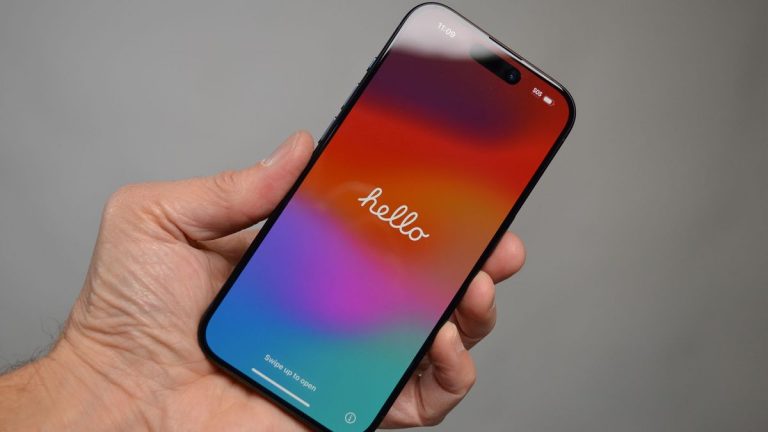US Slams Punishment on Chinese Chipmaker Linked to Huawei’s AI Processor

The US Blacklisting of Sophgo: A Chipmaker’s Downfall
Just a month before the Biden administration’s term comes to an end, a significant event is about to unfold. Sophgo, a Chinese fabless chipmaker, is set to be blacklisted by the US Commerce Department, following a path trodden by its partner, Huawei. But what led to this downfall, and how will it affect the chipmaking industry?
A Tale of Ties to Huawei
Sophgo’s story begins with a chip designed and manufactured by Taiwan Semiconductor Manufacturing Company (TSMC), the world’s largest foundry. This chip, however, has a connection to Huawei, as it was discovered inside the company’s Ascend 910B multi-chip system, an artificial intelligence (AI) processor. Putting two and two together, it’s not hard to see how this subplot weaves together.
A Sinister Scheme?
Sophgo’s affiliation with Bitmain, a renowned bitcoin mining equipment supplier, also sheds light on its business dealings. While the US Commerce Department’s Entity List is typically reserved for companies deemed a threat to national security, suspicions surrounding Sophgo’s involvement with Huawei have led to a similar blacklist.
But what does this mean for the chipmaking industry? Here are the key takeaways:
- Limited Access to US Suppliers: By being placed on the Entity List, Sophgo will face restrictions on accessing US suppliers, a significant impact for a company heavily reliant on international collaborations.
- Alternative Suppliers: Other foundries, such as SMIC, will step in to fill the void, but at what cost?
The Rise of Huawei’s 5G Chips
In 2022, Huawei’s Ascend 910B, considered the most advanced AI chip from a Chinese company, was launched. The Huawei Ascend 910C, scheduled for mass production in early 2024, aims to compete with NVIDIA’s top AI silicon. However, the US has issued an order to TSMC, prohibiting the shipment of advanced chips made using 7nm or higher process nodes to China, starting November 11th.
Huawei’s Response: "No Ties to TSMC"
Despite the US export rules, Huawei claims it hasn’t received TSMC-built chips since the new rules took effect in 2020. As the US authorities investigate Sophgo, we can only speculate on the extent of Huawei’s involvement in AI processor development.
Conclusion
Sophgo’s impending blacklisting serves as a wake-up call for the chipmaking industry, emphasizing the need for transparency and accountability. As the US-China tech rivalry continues to evolve, we can expect even more seismic shifts in the global tech landscape. Stay tuned for updates on this developing story!






